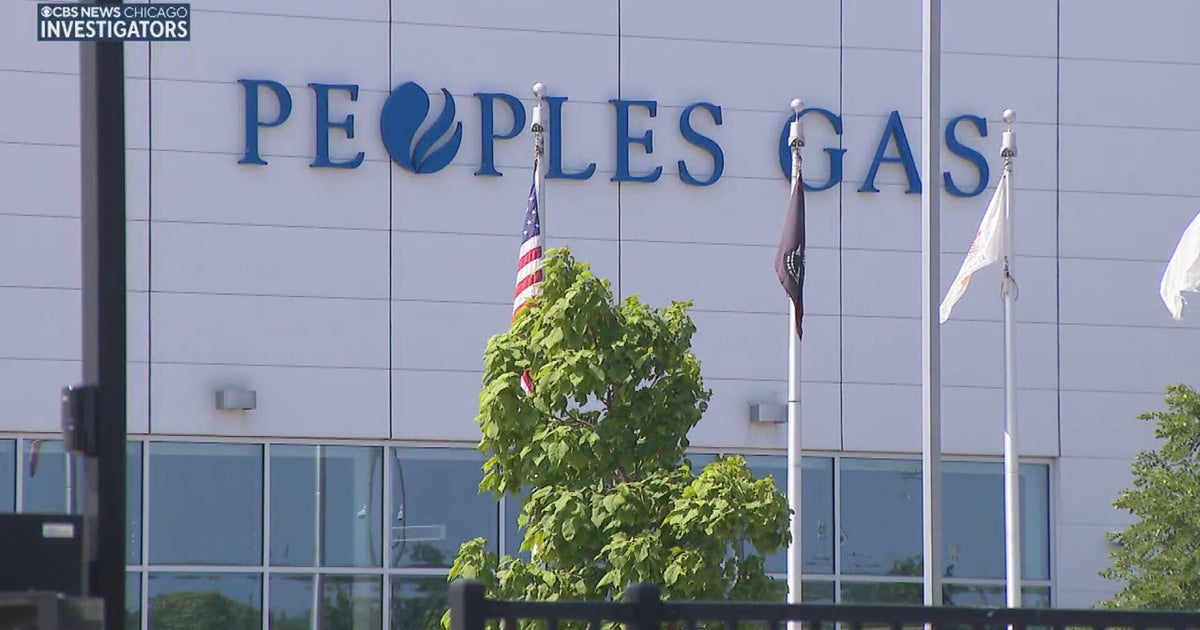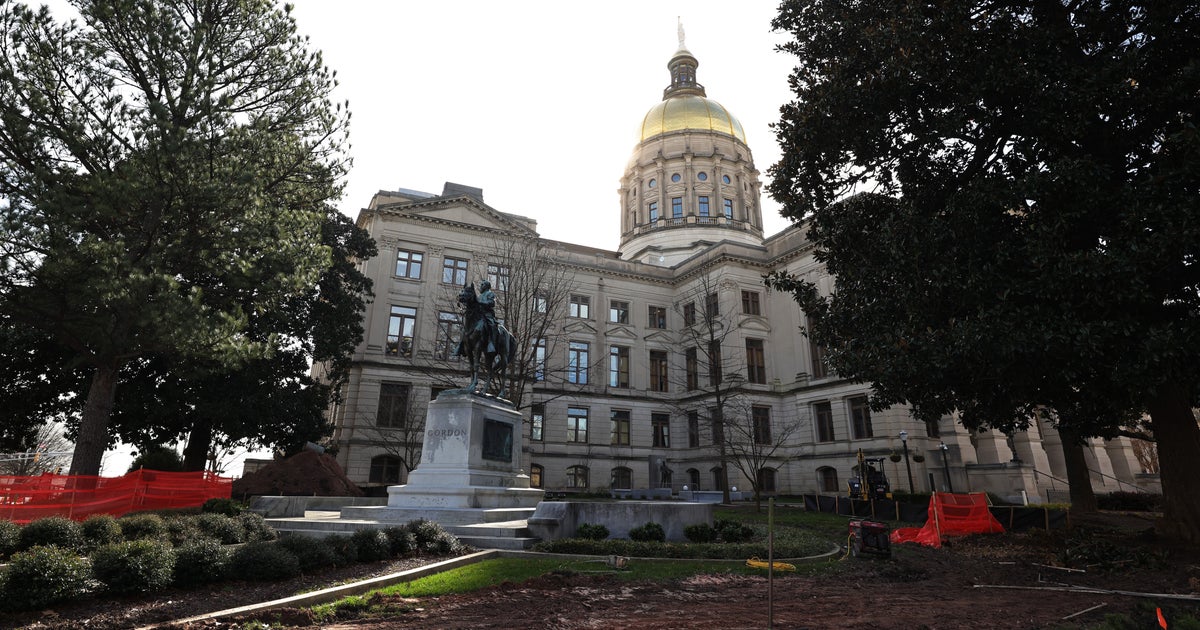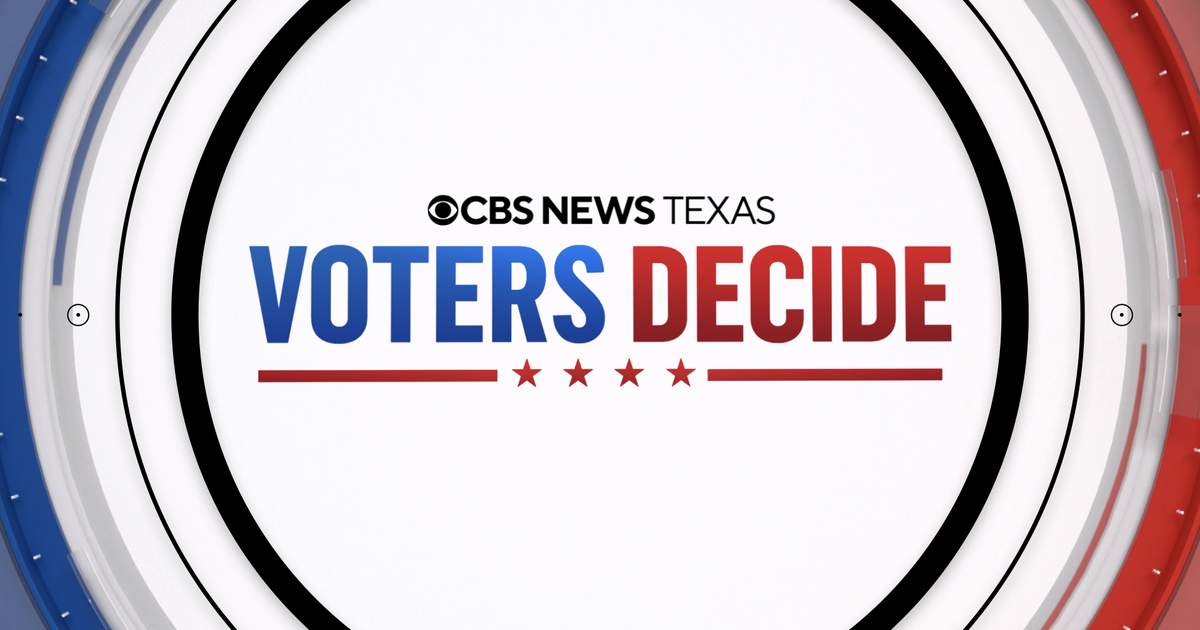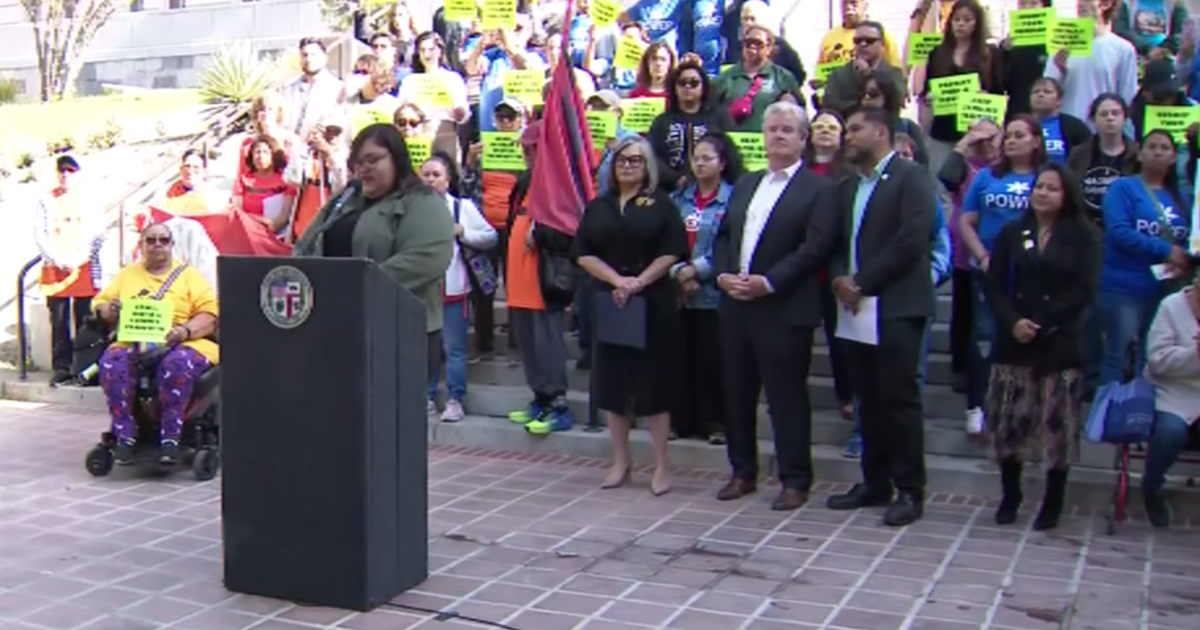Sides Clash On Proposal Making Tax Hikes Tougher
DETROIT (AP) - Supporters of a ballot proposal facing Michigan voters see a simple solution to the problem of tax increases: Make it harder to raise them.
That's the intent of Proposal 2, which would require a two-thirds vote of Michigan House and Senate lawmakers, or a statewide vote at a November election, to raise or enact taxes. Currently, a mere majority of legislators is enough to raise taxes.
But critics argue that approving Proposal 2 and enshrining it in the Michigan Constitution could lead to cuts elsewhere and shift increases to fees or other charges. Opponents also contend it would not lead to a stabilized tax environment sought by supporters.
The initiative on the Nov. 6 ballot is backed by the Michigan Alliance for Prosperity. Group President Lana Theis has said requiring a two-thirds vote is good because it "will require agreement on both sides" of the aisle. It's strongly supported by the National Federation of Independent Business, which has argued that an overwhelming need for higher taxes should be met with a corresponding level of bipartisan backing by the Legislature.
Charlie Owens, the federation's state director, said in a release that a supermajority legislative vote could be a counterweight to another constitutional amendment to strengthen collective bargaining rights. He said Proposal 2 is "an insurance policy against runaway government spending and spiraling taxes in the future."
Still, a pro-business governor who's a former corporate executive and venture capitalist opposes the measure along with the other four initiatives that would amend the state Constitution. Republican Gov. Rick Snyder has been speaking out in the media, public appearances and web videos, calling the supermajority proposal and others bad policy. He has argued that if passed, they could hamper the state's ability to manage its finances and therefore lower the state's bond rating, which could affect the cost of borrowing.
The supermajority requirement certainly would have affected some of Snyder's past efforts. He successfully sought to eliminate the Michigan Business Tax and replace it with a 6 percent corporate income tax that two-thirds of businesses don't have to pay - a change made possible by majority votes in the state House and Senate.
The Michigan Alliance for Prosperity earlier this month filed a complaint with the Michigan Secretary of State against Snyder, claiming that he was improperly using state resources to campaign against the proposal. Snyder said the case was without merit, and the department dismissed it this past week in part because state law doesn't prohibit public officials with policymaking responsibilities from releasing information about relevant issues.
According to the nonpartisan Citizens Research Council, the proposal would add a fifth tax and expenditure limitation the state Constitution. The council said in a recent report Michigan would join nine states with constitutional requirements for supermajority votes to enact tax increases of any type - the most restrictive requirement of its kind.
The council's analysis also found that policymakers often look to other revenue sources not subject to the provisions, raising fees and other levies to make up for their inability to raise state taxes.
© Copyright 2012 The Associated Press. All Rights Reserved. This material may not be published, broadcast, rewritten or redistributed.







